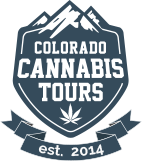Hemp & CBD Uses, Benefits & Impact Guide | Hemp FAQs
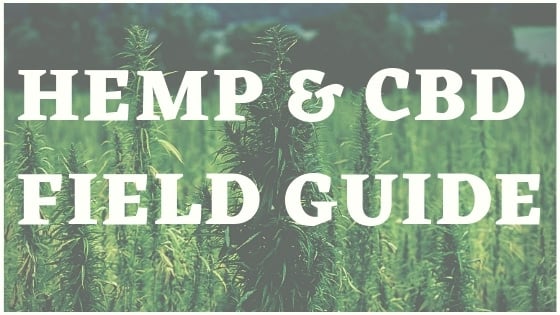
What is Hemp?
If you pay any attention to the world of marijuana or even the world of politics, you have probably heard about this plant called hemp. So, what is hemp?
Hemp is a close relative in the marijuana plant—both members of the cannabis family. For decades, in other areas of the world, hemp has been one of the most versatile crops in popular circulation, used for paper, textiles, manufacturing, and even medicinal purposes.
All parts of the hemp plant can be used. Hemp is praised both for its wide range of applications, and the ease with which it is grown. As a high yield crop, many farmers see not only as a profitable asset, but a way to reduce deforestation and erosion happening to our environment.
However, due to its relationship with the marijuana plant, hemp is still somewhat controversial.
Hemp vs Marijuana Flower vs Smokable Hemp Flower
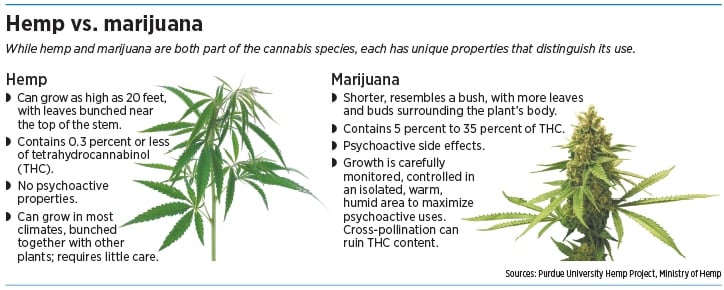
Hemp
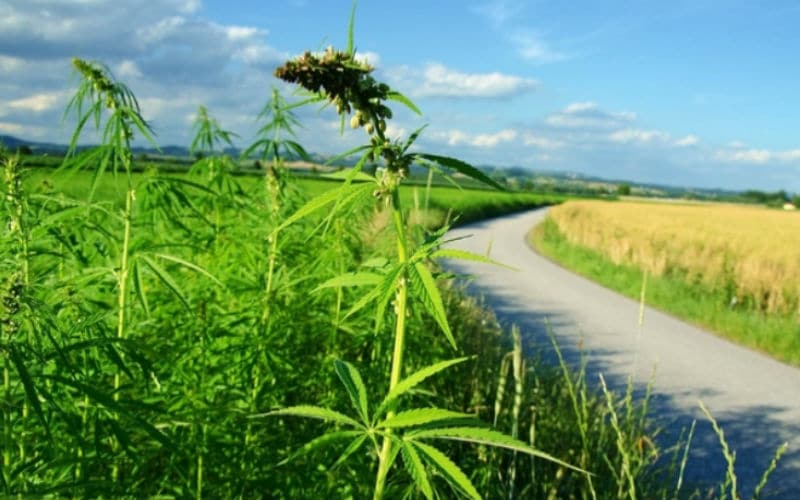
Hemp and marijuana are closely related both by cultural perception and biology. So, what can be said about the hemp vs weed conversation?
Though the plants share quite a bit of DNA, they differ substantially in their application. All parts of the hemp plant, like the stalks, have very strong fibers and used to make everyday materials for manufacturing and textiles industries. Discover more uses of hemp, further down in this article.
Marijuana

Marijuana is most prominently associated with the psychoactive properties of THC, meaning marijuana will get you stoned and you will feel the medical properties fast. However, because hemp has flowers, leaves and stalks just like the marijuana plant, the industry is finding many separate uses for both the hemp flower and stalk.
Smokable Hemp Flower
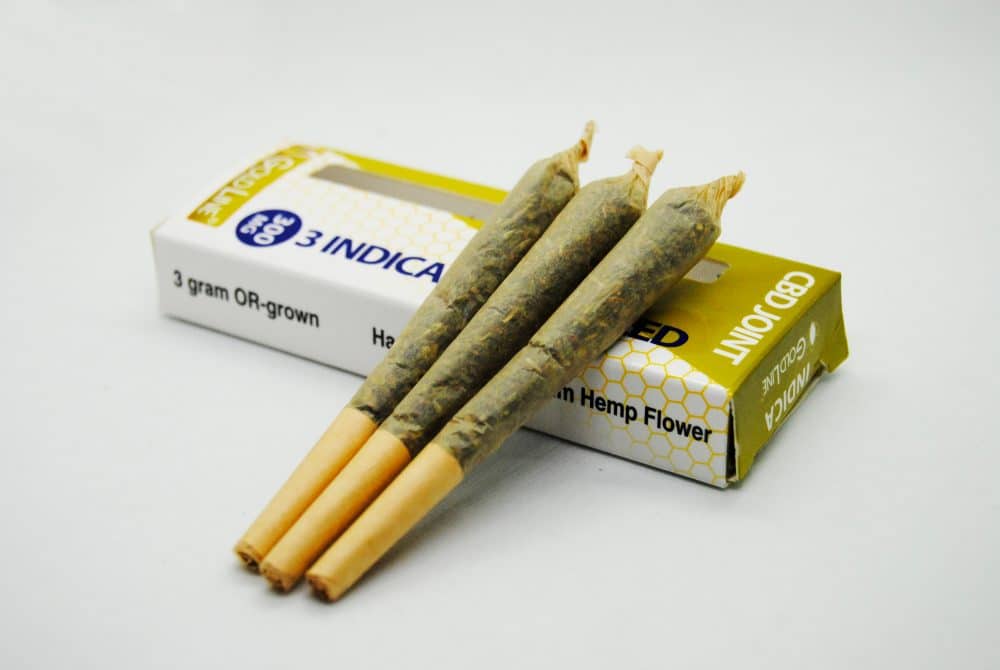
A new type of smokable herb coming to market is hemp flower. There are a lot of benefits that come with a flower that has no psychoactive effect. Smokable hemp flower has practically no THC and tends to be high in CBD, so it’s great for people who want to enjoy the benefits of CBD through the tradition of smoking without getting high.
Many use hemp flower to feel a relaxing, meditative state while their 420 friends smoke marijuana and get blazed out of their minds.
It is one of the fastest growing CBD markets and it does not require any extraction methods, unlike CBD oil. The biggest eye-opener in this emerging hemp flower market is that it is helping people quit smoking.
There was a survey conducted by the Brightfield Group where they ask 5,000 U.S CBD users a variety of questions in regards to how hemp flower and CBD use affected their tobacco use. They found:
- Quitters are often replacing cigarettes with either smokable hemp or vaping.
- 24% have used it to help quit smoking.
- 41% of quitters have entirely replaced tobacco with hemp CBD.
This is bringing a whole new light and value to hemp flower and CBD like never before.
So to conclude, the hemp and marijuana may be cousins, but just like any family tree, each family members has its own purpose and way they contribute to society.
What is CBD?
Like the cannabis plant in general, CBD is becoming progressively more mainstream. You can now find it at most local head shops, holistic health stores and specialty shops.
But for as much discussion as this handy chemical has yielded, many people do not know that there are actually two versions of CBD in circulation.
CBD is present both in marijuana and in hemp. In both cases, it can be used for medical application (there is currently a new CBD treatment specifically designed for children with epilepsy).
People also use it to treat inflammation, depression, anxiety, insomnia. What is CBD? According to popular opinion, it might just be the swiss army knife of medicine.
Where is CBD derived from in the hemp plant?
When it comes to the marijuana plant, most of the essential oils are found in the flowering regions of the plant. However being a male plant, hemp does not have a flowering element. Instead, CBD is found in the stalk, and leaves of the hemp plant.
Hemp CBD can be just as effective as marijuana CBD, and it has no traces of THC, which means it is a safe, practical option for day to day use.
CBD vs THC
So, CBD vs THC, which is which?
Though both are used for medical application, THC is always going to stand out for its recreational purposes and psychoactive properties. Yeah, you can use it to help the effects of cancer, but it can also be used as an inciting element of a Seth Rogan movie.
CBD is all business. Though there may be trace elements of THC in marijuana-derived CBD, the amounts are never enough to cause a psychoactive reaction. Take a look at this infographic for more clarity on the difference between the two.
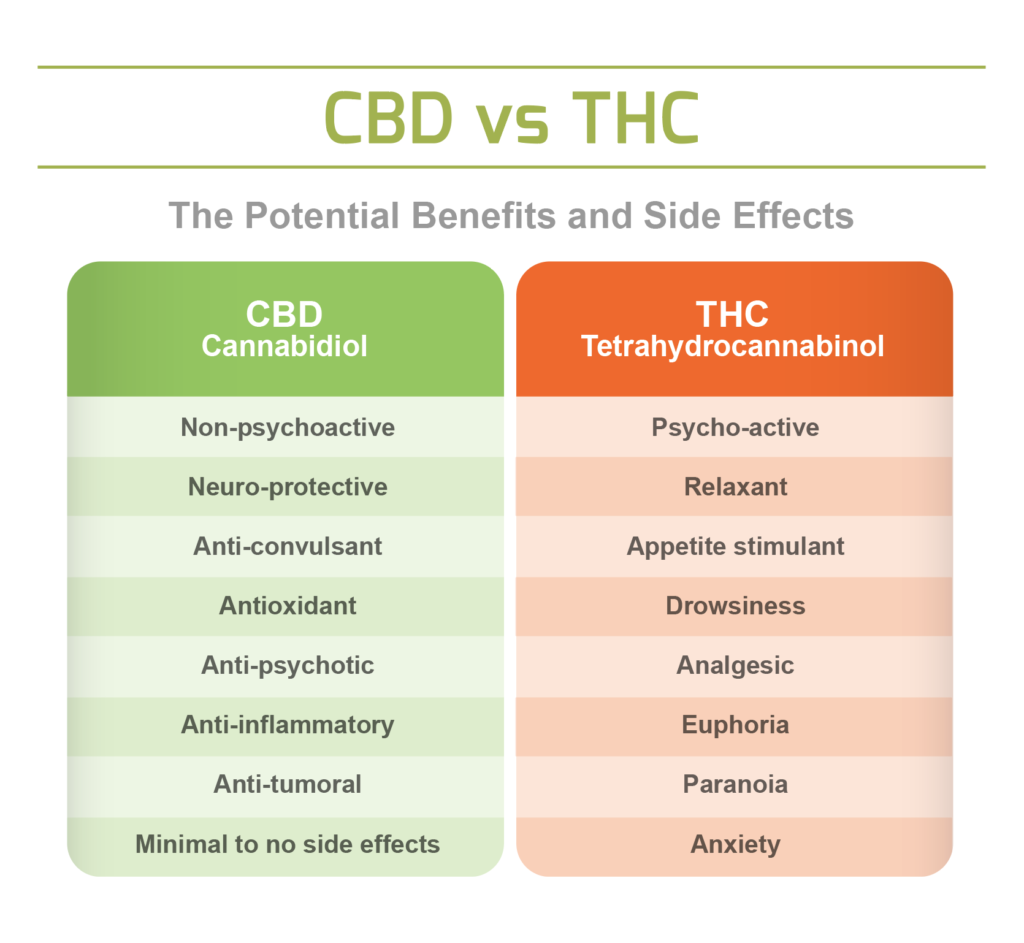
Want a more in depth guide to the differences between CBD and THC check out this article
“Differences Between THC vs CBD Hemp” by your #StayHighFam at CannabisTours.com.
Medicinal Hemp Uses & Benefits
Hemp’s most prominent purpose right now seems to be for personal wellness. For good reason. Many people consider it’s medicinal uses and benefits to the cure to everything, and it might be.
Hemp and wellness are words that, for the moment, go hand in hand. People value the CBD oil of the hemp plant largely because it is the rare medicine that has virtually no side effects. It’s a low risk, high reward medication that we haven’t even discovered the full potential of yet.
As mentioned a little bit ago, one of the boldest and perhaps most exciting applications of hemp or CBD oil has been in the treatment of epilepsy in children. Charlotte’s Web happens to be the major CBD strain used to battle epilepsy.
Though marijuana has been used for epilepsy in the past, the problem is that THC is not a suitable solution for children who are not well fortified against the disorienting effects.
This is why cannabidiol or CBD becomes so important. It has similar benefits to THC, meaning the body will relax and release tension, but there will be no psychoactive effect making it safe for children to use.
The potential to use hemp and heal is very real and the fact of the matter is, we just don’t know yet how far things may go with this exciting chemical.
Hemp oil vs hemp extract vs hemp seed oil vs CBD oil
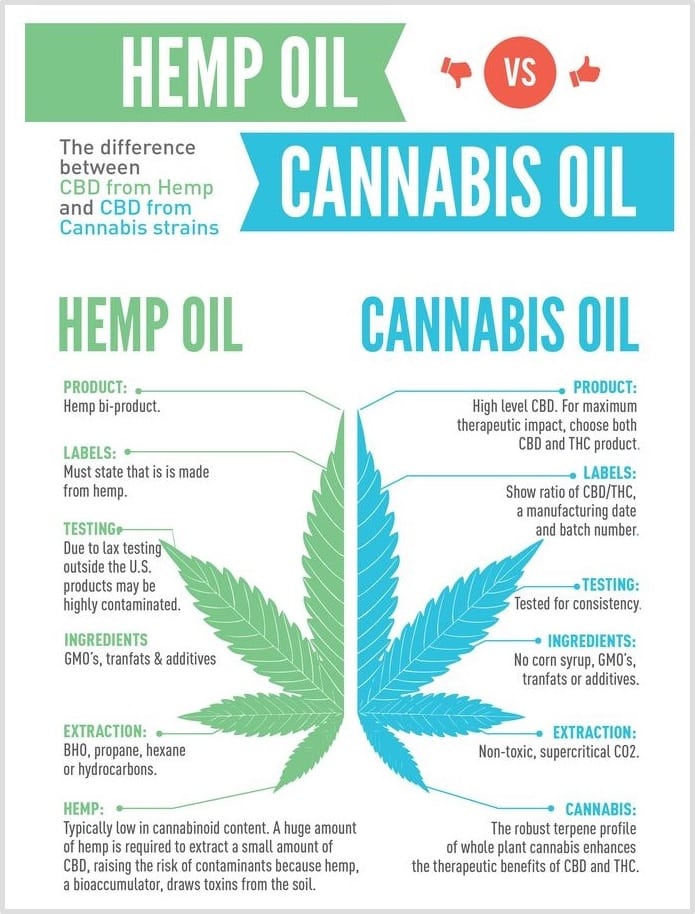
Say what? Yeah, there is actually a full spectrum of derivative oil products revolving around the hemp plant.
It sounds a little bit confusing, but in some cases, all four terms tend to be used interchangeably or generically as it pertains to marketing.
Hemp oil and hemp seed oil actually are pretty much the same thing—an oil extracted from hemp just like vegetable or olive oil, but some hemp oil could be extracted from stalks while hemp seed oil is extracted from the seed.
Hemp oils contain large amounts of antioxidants and healthy omega 3-6 fatty acids. It is great for cooking, hair, skin, beauty and minor pain and stress relief.
Hemp extract is also referred to as CBD oil. CBD oils are generally extracted using CO2. When using the low temp, CO2 extraction process, the oils are at it’s purest form with any harmful solvents. That is why extracts have broad spectrums of terpenes, cannabinoids, and flavonoids.
Hemp extract and CBD oils are mostly used for medicinal properties and powerful benefits.
So, what is the difference between hemp and CBD oil? Hemp oil is a general product, while CBD is a more specific extract from the plant.
Benefits of Hemp CBD Oil
As we said, there are tons of benefits of hemp CBD oil. People take it these days as a general supplement for their overall health, the same way that you might take a multivitamin.
If you suffer from depression, anxiety, insomnia, and even inflammation, CBD has had proven application at treating these ailments.
Hemp oil for anxiety is a particularly useful application as it fills a gap that THC is typically unable to meet. Many users report anxiety as a side effect of marijuana use, but CBD is able to effectively treat and reduce it.
However, the big benefits of CBD may still remain hidden. In rat studies, CBD has demonstrated the potential for shrinking tumors and reducing the likelihood of diabetes in populations that are predisposed to it.
We don’t know everything that CBD can do yet. But the possibilities are certainly exciting.
Other Hemp Medicinal Products
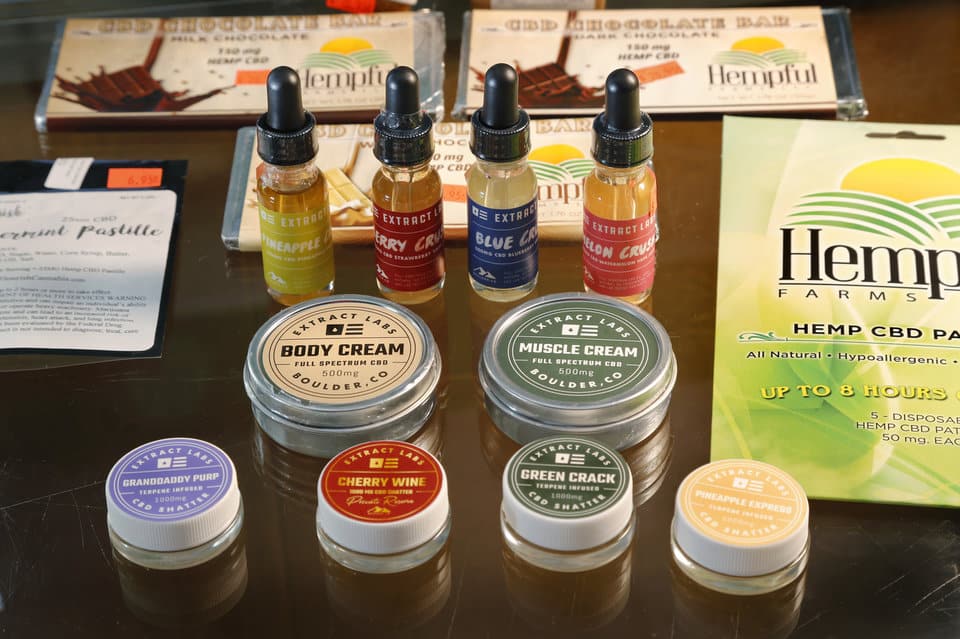
Tinctures
A tincture is any concentrated herbal extract slowly derived from the plant usually over a period of weeks. Alcohol is usually used during the extraction process.
Tinctures are generally considered to be extremely potent, but they still do not contain any psychoactive properties, making them safe for daily use.
Hemp creams
Hemp creams are beauty products derived from hemp oil or hemp extract. The cream can be used both for beauty and pain relieve purposes. The high concentration of amino acids is good for reducing wrinkles and creating a “de-aging” effect, and also for reducing skin irritation.
Hemp lotions
Similar to hemp cream, hemp lotion will utilize the high amino acid content of the hemp plant to moisturize your skin.
Hemp Botanics
Hemp Botanics is a hemp product wholesaler based in the UK that offers a wide range of hemp extracted products.
They sell everything from hemp oil, and hemp powder, to hemp bath bombs. Bottom line? If you ever try to buy hemp online, there is a decent chance you will come across this company.
Hemp CBD Powder
Hemp powder is considered a superfood by many. High in fiber, protein, and filled with healthy fats and acids, it makes an excellent dietary supplement, especially for vegan lifestyles.
CBD powder, however, is a little bit different. Also called “hemp isolate” CBD powder is super concentrated CBD that is generally around 99% pure.
People take it by itself or mix it in juices, smoothies, etc.
Hemp CBD Capsules
Hemp CBD capsules are perhaps the most common way to ingest this substance. The capsules are pre-dosed making it very easy to get the exact amount that you require to see your intended effects.
Hemp Tea & Coffee
Hemp tea and coffee are essentially exactly what they sound like—beverages infused with CBD. People ingest these drinks with the same intentions that they might any other CBD product.
You can buy hemp tea and coffee, or make it yourself with hemp CBD powder.
Daily Hemp Uses & Benefits
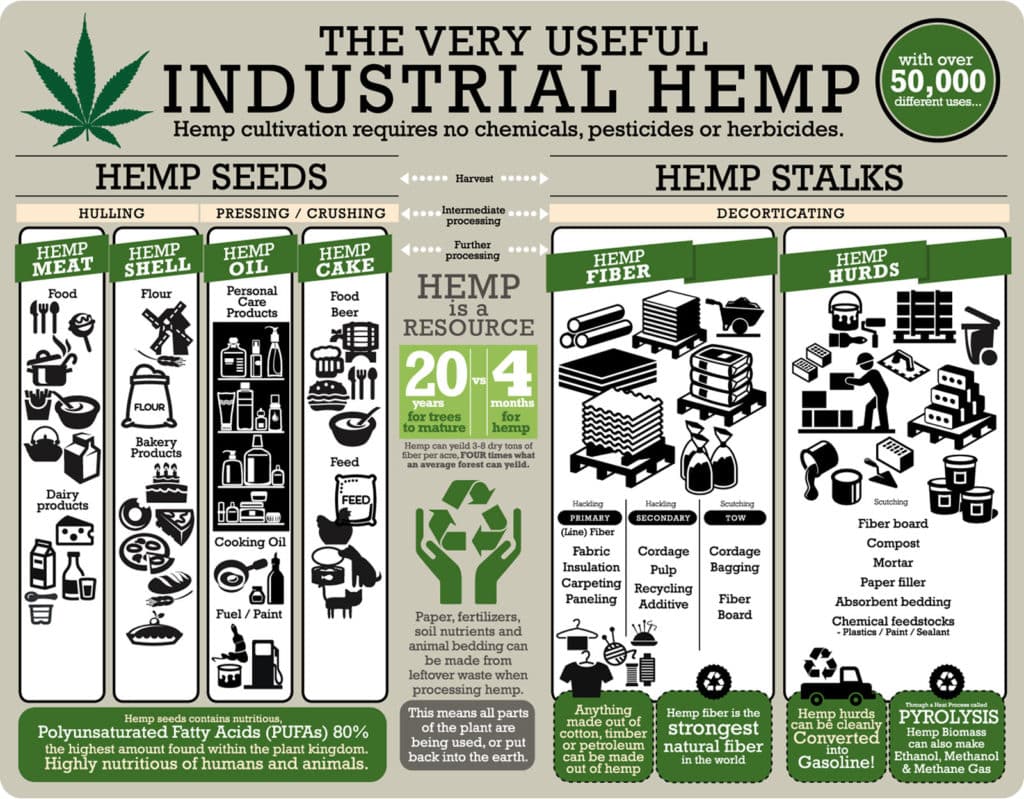
Believe it or not, we have barely scratched the surface when it comes to potential hemp uses. There are thousands of applications for this incredibly versatile plant.
In the world of textiles, hemp products are prized for their durability as well as their cost effectiveness.
To better contextualize this, here are ten products that often use hemp to great success.
- Shirts
- Jeans
- Hemp Shoes
- Concrete
- Coats and Jackets
- Backpacks
- Hats
- Hemp Heart Seeds
- Sunglasses
- Wallets
There are many other products that can use hemp as well. Chances are, if you can think of it, someone can figure out a way to make it with hemp.
Hemp Benefits
One of the big hemp benefits is simply how easy it is to grow. Pesticides are rarely required, and it can actually act as a natural deterrent for other weeds as well.
It also has the benefit of a brief harvest cycle of only four months, and it is affordable to grow, making it something of a dream product for most farmers. On average, hemp costs about $0.38 per pound to grow.
Meanwhile, hemp fiber also happens to be one of the most durable natural textiles in existence. That is exactly why there is such a big market for hemp clothing or even hemp rope.
People even drink hemp milk as a vegan substitution for everyone’s favorite dairy product. Hemp milk is produced by grinding hemp seeds into water and letting the concoction settle.
Done properly, it produces a beverage with a look and taste remarkably similar to that of traditional milk.
How is Hemp Produced, Sourced or Manufactured?
On a final note, let’s take a quick overview of hemp manufacturing. Thanks to the recently passed U.S. Farm Bill, hemp is less stigmatized and will now be treated as an agricultural commodity for the first time in over sixty years. The last commercial hemp farm was planted in 1957.
The bill advocates for farming freedom when it comes to the hemp plant and received widespread support on both sides of the aisle, with particularly strong support from unlikely conservative advocates.
The bill makes hemp legal in the United States, though with one serious caveat: the plants can’t contain more than 0.3 percent THC. Any higher than that and the plant is officially categorized as marijuana.
Still, for farmers, this is an exciting development that massively expands the hemp market.
Where is hemp sourced and how is it produced?
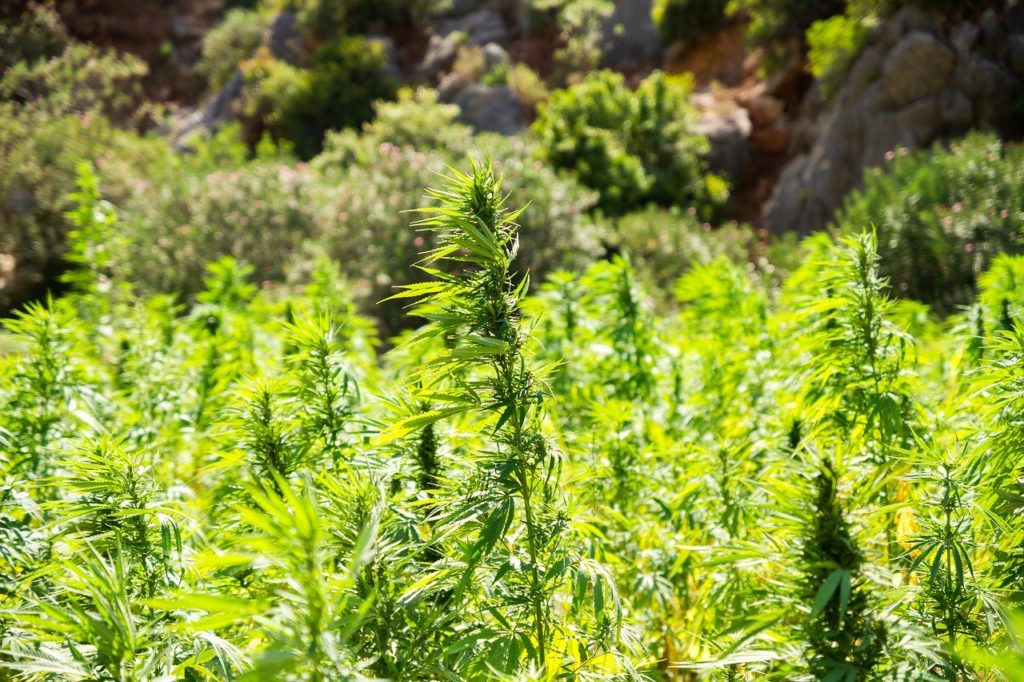
With the recent passing of the U.S. Farm Bill, hemp can now be grown anywhere in the United States.
Hemp farms are typically large land plots with tight rows of hemp plants that grow into dense, tall green stalks about ½ inch thick. Hemp growing is valued for the relatively simple, and short manufacturing process.
Once planted, hemp can be cultivated within 90-120 days of planting. When the plant has fully matured, it is cut, and then left to loosen in the fields for another 4-6 weeks. This period of waiting makes the fibers workable for industrial purposes.
Depending on your state, you may need to receive a license for producing or manufacturing hemp products. You will also need to register each year with the Department of Agriculture.
How do these farms grow hemp?
As mentioned throughout this article, hemp growing conditions are relatively low maintenance. However, any hemp grower will tell you that there are conditions in which the plant does best.
Hemp does best in a warm, but the sustainable environment. Soil that will drain well is also optimal, making some parts of the country a natural fit for this super plant.
A warm, but mild environment such as that found in the state of California can produce massive hemp yields per acre.
An acre of hemp can yield up to 2500 plants, making it an extremely high volume plant to farm.
Interested in learning more about hemp?
Take an in-depth, three-hour informative tour with our very own Laynie Ganja to Pure Hemp Botanicals hemp farm and production facility. Luxury 420 friendly transportation
You’ll take a tour through a hemp farm, greenhouse, production facility all while learning about the effects of CBD. Have fun sampling various hemp products while taking part in our questions and answers session with Laynie and the staff at Bouncing Bear Botanicals.
Check out our hands-on personal Hemp Tour & CBD Experience
- Psilocybin Mushrooms in Colorado | Is It Legal & Where You Can Get Some - April 20, 2024
- Weed Measurements Guide: Marijuana Quantities, Weights & Prices - July 1, 2023
- Moldy Weed | Risks, Identification, and Smoking Safety - June 24, 2023
